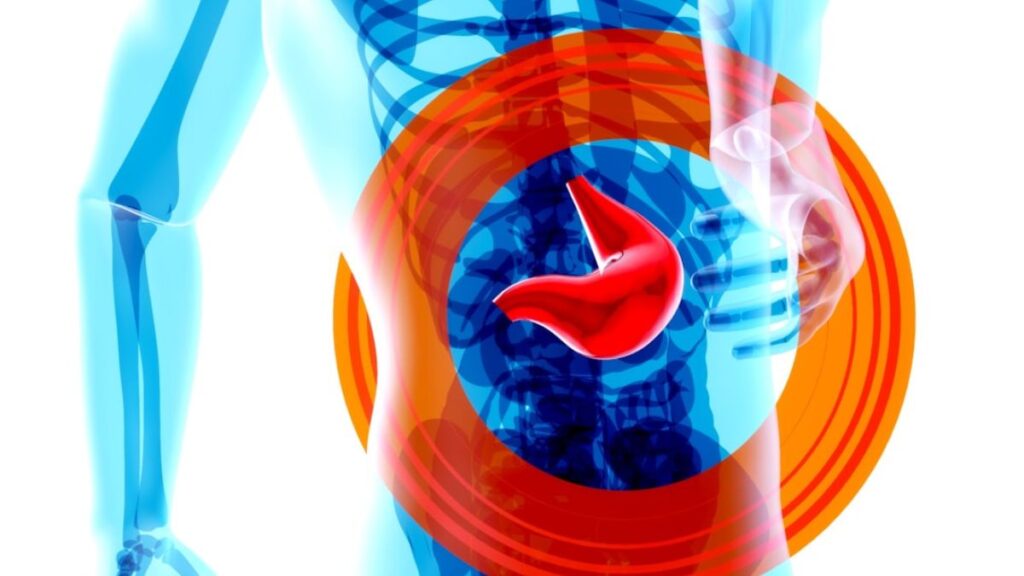The bustling world inside your gut is crucial to your overall health and well-being. Within this intricate system, trillions of microorganisms reside, forming a veritable ecosystem known as the gut microbiome. Recent scientific findings have illuminated the transformative power of probiotics—beneficial bacteria that can enhance this complex ecosystem. These findings show how including probiotics in your diet can dramatically improve digestive health, particularly for those suffering from digestive issues. Understanding the role and benefits of probiotics can empower individuals to make better choices for their health.

The Role of Probiotics in Digestive Health
Probiotics are live microorganisms, often called “good bacteria,” in certain foods and supplements. They help maintain a healthy balance of bacteria in your gut, which is critical for adequate digestion. The digestive tract is a working environment, constantly breaking down food and extracting essential nutrients. However, an imbalance of gut bacteria can lead to various digestive issues such as bloating, gas, and constipation.
Incorporating probiotics can support the growth of desirable bacteria, thus improving the overall function of the digestive system. Many choose options like yogurt, kefir, sauerkraut, or kombucha, all of which are rich in these beneficial bacteria. For those seeking more targeted support, products like MicroBiome Restore can offer specialized formulations designed to improve gut health. These microorganisms can enhance nutrient absorption and contribute to a more efficient digestive process when balanced.
Enhancing Nutrient Absorption
One of the primary benefits of probiotics is the enhancement of nutrient absorption. When your digestive microbiome is healthy and diverse, it significantly increases your ability to extract vitamins, minerals, and other nutrients from food. Probiotics, especially those developed by leading probiotics manufacturers, can facilitate the breakdown and fermentation of complex carbohydrates, which helps absorb nutrients more effectively.
A thriving microbiome also influences the production of enzymes necessary for digestion. These enzymes can enable your body to extract nutrients efficiently, particularly from fiber-rich foods that can be challenging to digest. Therefore, probiotics can be an effective method to ensure your body receives the necessary vitamins and minerals.
Supporting Immune Function
The gut microbiome is often called the body’s first line of defense. A significant proportion of your immune system is situated in or around your digestive tract, thus emphasizing the necessity of maintaining a balanced microbiome. Probiotics can reinforce your gut’s role in immune function by promoting the production of specific antibodies that combat pathogens.

Research indicates that individuals taking probiotics experience fewer infections and illnesses. They help stimulate the immune system and reduce the impact of inflammatory responses that can negatively affect gut health. Maintaining a healthy population of beneficial bacteria can bolster your immune defenses, protecting against various health challenges.
Reducing Digestive Disorders
Modern diets and lifestyles often lead to disruptive digestive symptoms, ranging from irritable bowel syndrome (IBS) to lactose intolerance. Probiotics play a significant role in managing these conditions by alleviating symptoms and improving overall gut health. Studies show probiotics can considerably reduce abdominal pain and bloating associated with IBS.
Furthermore, probiotics can aid those who struggle with lactose intolerance by helping the body to digest dairy products better. They assist with breaking down lactose, the sugar found in milk, thus preventing uncomfortable symptoms after consuming dairy. Incorporating probiotics into your daily routine can be a practical approach to mitigating digestive disorders.
Influencing Mental Wellbeing
Recent studies have uncovered a compelling link between gut health and mental wellbeing, often termed the “gut-brain connection.” Probiotics can positively affect mood and emotional health by fostering the growth of beneficial bacteria linked to improved mental clarity and reduced symptoms of anxiety and depression. A balanced gut microbiome can influence the production of neurotransmitters, such as serotonin, which regulates mood.
The implications of this relationship suggest that enhancing digestive health through probiotics might affect your emotional state. With a healthy gut functioning optimally, you may feel more balanced and less prone to mood swings. Understanding this connection between the gut and brain can offer new avenues for effectively managing stress and emotional well-being.
Boosting Overall Health
Optimizing digestive health through probiotics extends beyond gastrointestinal comfort. A well-balanced gut microbiome is associated with several broader health benefits that enhance overall health. The advantages of maintaining a healthy microbiome are substantial, from increased energy levels to improved cardiovascular health.
Moreover, probiotics have been linked to weight management benefits, as they can influence metabolism and fat storage. Individuals interested in weight loss have been encouraged to include probiotics as they may help regulate hunger hormones. With a multifaceted impact on health, integrating probiotics into your lifestyle can prove highly beneficial for maintaining long-term wellness.
Embracing probiotics offers numerous enhancements to digestive health and overall well-being. By nurturing your gut, you cultivate an environment conducive to better absorption of nutrients, enhanced immune function, and improved mental clarity. Consider incorporating probiotics or prebiotics into your routine to maintain a balanced microbiome, supporting your digestive system and health.







